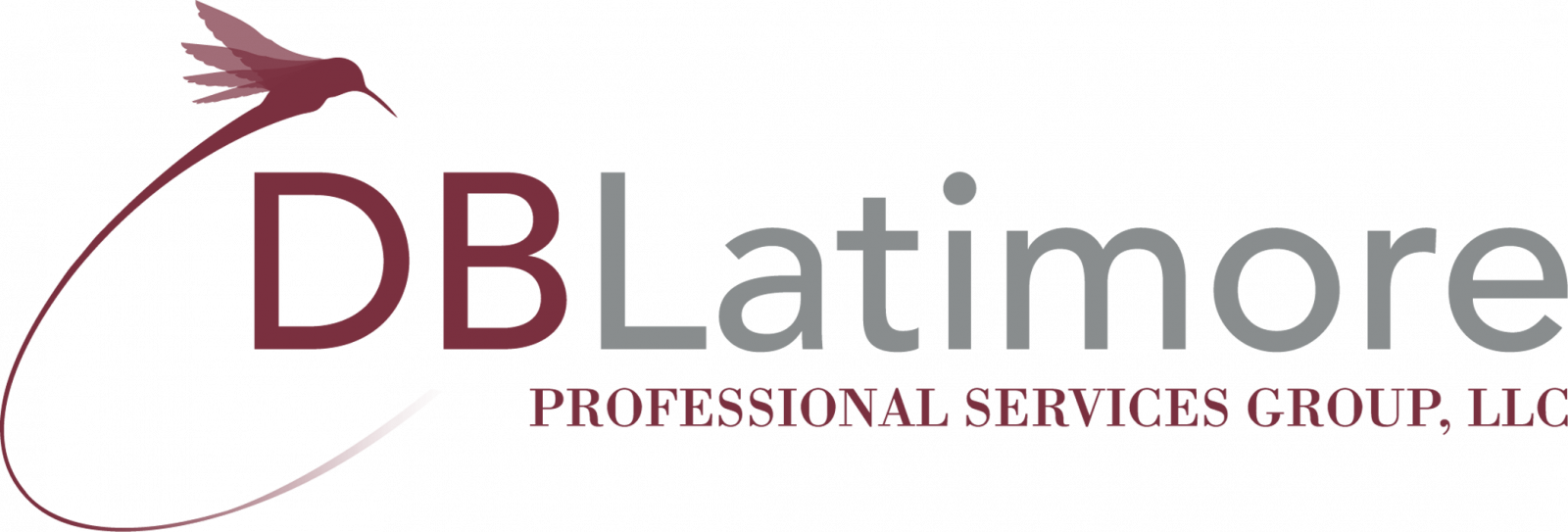In the recently published Trust barometer: Report on The Fight for Racial Justice in Business, the global communications firm Edelman found that 71% of its respondents said that they trusted their employers to usher in change to systemic racism. In a subsequent article published by the Business Insider, Edelman’s COO Lisa Osborne Ross outlined three things business leaders can do to show they are serious about tackling racism The first being “Talk about race and not DEI”….
During the past four months (June – September 2020), I have supported organizations by facilitating “A Conversation on Race” from a universal perspective. Over 1000 employees at all levels and all ethnic groups within the various organizations, elected to participate in the optional forum.
Our platform operated with 4 guiding principles:
1) Share your Experience
2) Listen for understanding, question for clarity
3) Respect the confidentiality and the right of each individual to share their experiences
4) No solutioning
A pulse survey was conducted at the beginning and completion of each 1.5-hour session. Included in the discussions was an exploration of the escalation of bias, racial indifference, and invisible tolerance.
Our purpose for having the discussion was to provide a space for individuals to express how they were feeling in a tumultuous climate of increasing awareness of the inequities in our public institutions, as revealed by the COVID 19 pandemic, the murder of George Floyd, and the subsequent incidents that followed leading to societal unrest.
We held our discussion from the premise, that the events happening outside of work, will have a deep impact on work relationships and the mental health of the workforce, if not acknowledged and discussed. The current remote work environment was also a contributing factor in the decision to bridge the gap between social isolation and current events.
In the 22 sessions that I facilitated, there was a range of emotion, varying degrees of impact, and ultimately an acknowledgment that there is only one America and that individuals and groups experience it differently. The challenges of overcoming Institutional Inequities begin with awareness. The sole responsibility for change requires a universal perspective and deliberate actions to serve as the catalyst. A Universal Perspective by definition is a creative, objective, systematic approach to solving problems.
As you may have noticed, I am purposefully using the term institutional inequities instead of institutional racism. Institutional racism is increasingly becoming the descriptor to describe discriminatory behaviors, instead of the inequities in the systemic practices. Practices that are embedded in governance documents, policies, processes, and procedures, that prevent a level playing field for all. For example, the institutional inequities identified with COVID 19 is the access to healthcare for Black Americans, exacerbated by treatable health conditions if healthcare was accessible.
Five Take-Aways From our Conversations
- Participants appreciated the opportunity to be heard
- Participants experienced a period of reflection on their values, assumptions, beliefs, and experiences about their behaviors
- Participants had a better understanding of the purpose of Resource/Affinity groups and the Diversity, Equity, and Inclusion efforts to build an inclusive culture
- Surveys taken at the beginning and end of the conversation demonstrated a positive shift from a feeling of sadness, anger, hurt to a feeling of hopefulness
- A facilitated discussion created a safe space for leaders and staff to listen, share, and reflect
How is your organization managing the conversation on race? Institutional inequities impact everyone, whether you experience it directly or become aware of it. The solution requires a universal perspective that begins with the conversation.
In closing, you may have noticed that I did not share any of the experiences or the conversations that were held, which would have added the emotion to the importance of the topics. I did not out of respect for our meeting ground rules which stated that we would share our experiences and respect the confidentiality and privacy of those who elected to share.
At DB Latimore we are committed to creating a positive and productive workforce experience for individuals and organizations. I welcome the opportunity to support you on your organizational journey through coaching, group facilitation, or training. Schedule your consultation today – dblatimore.com/contact.
Be safe and stay well.



